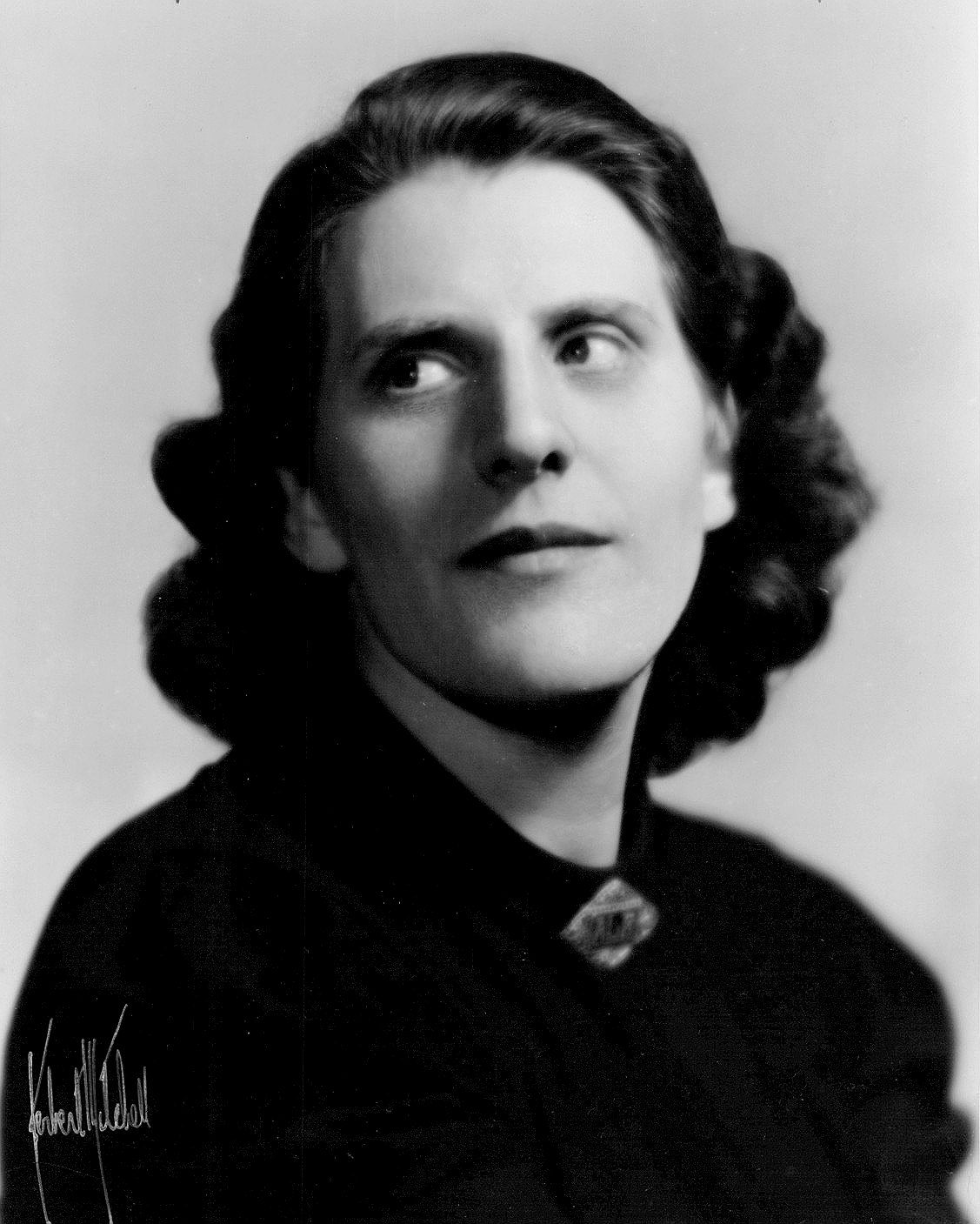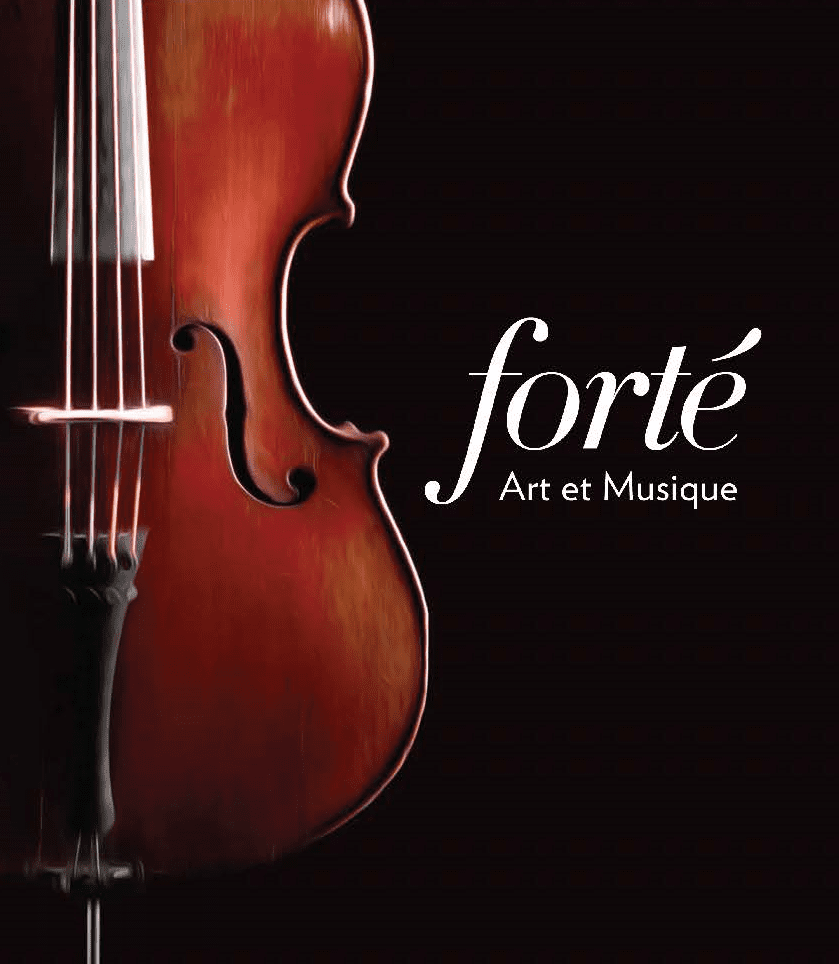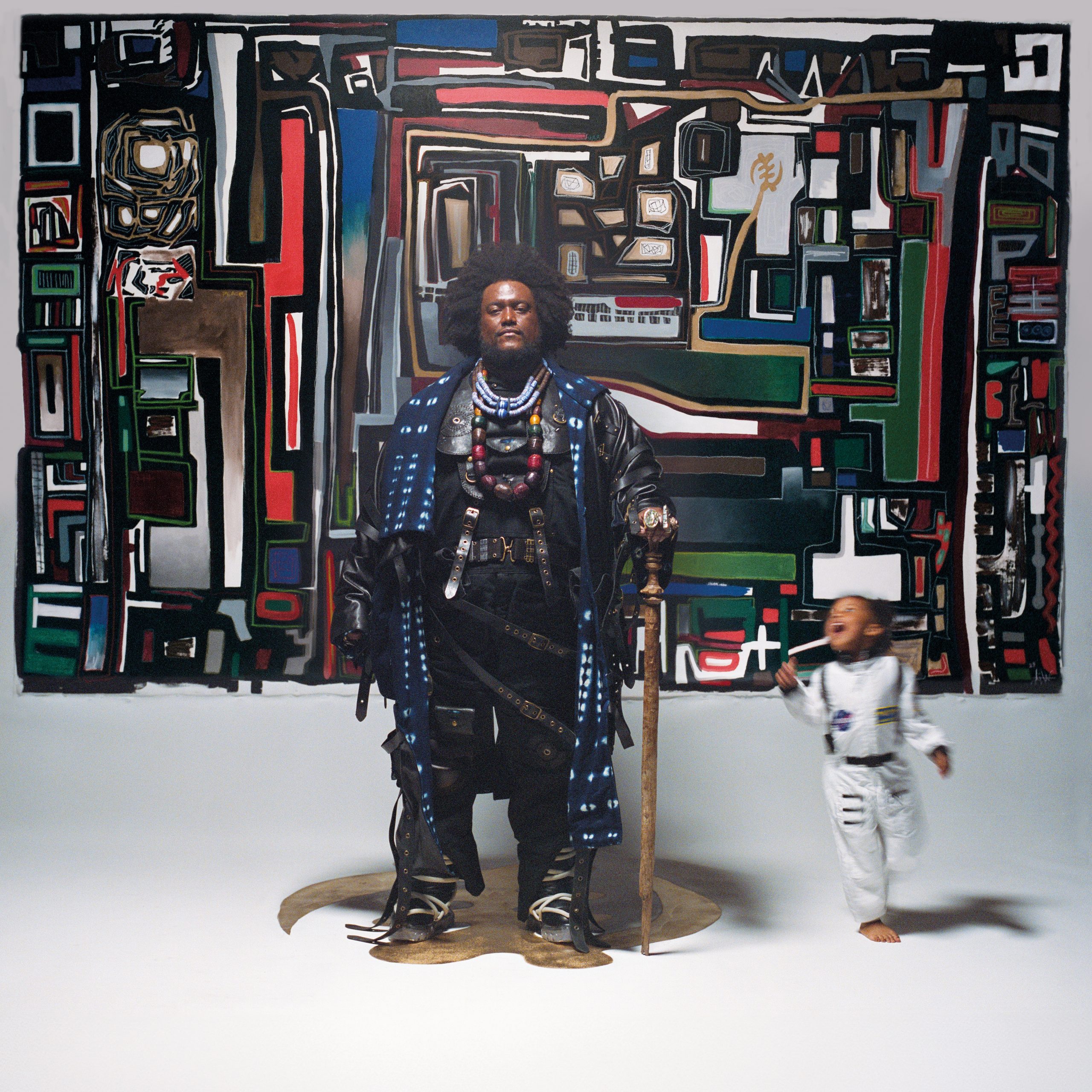
Early Crescendos: The Formative Years of Antonia Brico
In the rich tapestry of classical music history, Antonia Louisa Brico’s narrative is a compelling saga of tenacity, pioneering spirit, and sublime artistry. Born under the shadow of societal constraints in Rotterdam on June 26, 1902, to an unmarried Dutch Catholic mother, Brico’s journey from an obscure beginning to the pinnacle of classical music is a testament to her indomitable spirit. Her early relocation to the United States with her foster family, who renamed her Wilhelmina Wolthuis, set the stage for a remarkable life dedicated to breaking through the restrictive boundaries of gender in the realm of conducting.
Brico’s formative years in California laid the foundation for her musical odyssey. An alumna of Oakland Technical High School, she emerged as a pianistic prodigy with a burgeoning interest in conducting, a field then uncharted by women. Her tenure at the University of California, Berkeley, was not merely academic; it was a period of intense musical and personal growth, where she worked alongside the director of the San Francisco Opera, delving deep into the operatic arts and honing her skills in piano under the guidance of Zygmunt Stojowski.
The turning point in Brico’s educational journey unfolded in Berlin, at the prestigious State Academy of Music. Here, in 1929, she shattered the glass ceiling by graduating from its master class in conducting, the first American and notably a woman, to achieve this feat. This was not a mere academic accolade; it was a clarion call that echoed her resolve and talent in the hallowed halls of classical music. Under the tutelage of Karl Muck, the revered conductor of the Hamburg Philharmonic Orchestra, Brico refined her conducting prowess, setting the stage for a career that would challenge conventions and inspire a legion of women to follow in her footsteps.
The Maestra’s Baton: Triumphs on the Global Stage
Antonia Brico’s professional journey was not just about music; it was about challenging norms and navigating a world undergoing profound changes. Her debut with the Berlin Philharmonic Orchestra in February 1930 was groundbreaking. The New York Times reported on this momentous occasion, stating, “Miss Antonia Brico of San Francisco made a successful debut tonight in Berlin with the Philharmonic Orchestra, which followed her baton most enthusiastically, eliciting thunderous applause.” This early recognition in Berlin was a harbinger of Brico’s potential to leave an indelible mark on the world of classical music.
The establishment of the Women’s Symphony Orchestra in 1934 was a bold move by Brico, demonstrating her commitment to providing opportunities for female musicians at a time when such initiatives were rare. This orchestra became a beacon of hope and a symbol of change, challenging the entrenched gender biases within the musical domain. The transformation of this ensemble into the Brico Symphony Orchestra in 1939, just as the world was on the brink of war, highlighted the shifting dynamics within the music industry and society at large.
World War II played a pivotal role in shaping the careers of many women, including Brico. With men called to the frontlines, women stepped into roles traditionally held by their male counterparts, reshaping perceptions of gender roles in the workforce and beyond. Brico’s career during this time reflected these broader societal changes. Her historic performance with the New York Philharmonic in July 1938, where she became the first woman to conduct this esteemed orchestra, was not just a personal triumph but also a testament to the evolving opportunities for women in fields previously dominated by men.
Brico’s European tours and engagements with various prestigious orchestras underscored her growing international acclaim. The invitation by Jean Sibelius to conduct the Helsinki Symphony Orchestra was particularly noteworthy. Sibelius’s invitation was a significant endorsement of Brico’s talent and a moment of validation from one of the era’s most respected composers. This recognition from Sibelius, coupled with her successful tours, highlighted Brico’s status as a respected maestro on the international stage.
Brico’s move to Denver in 1942 and her subsequent contributions to the city’s musical landscape were indicative of her adaptability and relentless drive. In Denver, she founded the Bach Society and the Women’s String Ensemble, enriching the cultural fabric of the city.
The next years were a defining period for Antonia Brico, as she continued her relentless pursuit of breaking gender barriers in classical music amidst the backdrop of a society in flux. During this decade, Brico’s efforts were concentrated in Denver, where she solidified her role as a key figure in the city’s classical music scene and an advocate for women in the arts.
One of Brico’s notable achievements in the 1960s was her leadership of the Denver Businessmen’s Orchestra, which she had been conducting since the late 1940s. In 1968, this ensemble was officially renamed the Brico Symphony Orchestra in her honor, a tribute to her enduring impact and leadership. This rechristening was not merely symbolic; it represented the community’s acknowledgment of Brico’s contributions and her pioneering role as a female conductor.
In addition to her work with the Brico Symphony Orchestra, the late 1950s marked Brico’s tenure as the conductor of the Boulder Philharmonic Orchestra, from 1958 to 1963. Her leadership of this orchestra further exemplified her commitment to elevating classical music and providing opportunities for musicians in the region, all while challenging the gender norms of the time.
Brico’s influence extended beyond the podium. She was a dedicated educator, known for her rigorous standards and her ability to inspire her students. During the 1960s, Brico continued to teach piano and conducting, shaping the next generation of musicians. Among her students was the folk singer Judy Collins, who would later describe Brico as a significant influence on her musical development: “She was a tremendous influence on me, not just as a musician but as a strong and formidable woman in a man’s world.”

The 1960s were also a time of personal challenges for Brico. Despite her accomplishments, she faced ongoing obstacles in securing engagements with major orchestras, a struggle reflective of the broader gender biases prevalent in the classical music world. These challenges were compounded by the evolving social and cultural dynamics of the decade, as movements for civil rights and women’s liberation began to reshape societal norms.
Antonia Brico’s journey at that time was marked by a blend of professional achievements and personal trials. Her leadership of the Brico Symphony Orchestra, her tenure with the Boulder Philharmonic, and her role as an educator in Denver underscored her unwavering commitment to classical music and her pioneering efforts to challenge and change the status quo for women in the field. Through her resilience and dedication, Brico not only left an indelible mark on the musical landscape of Denver but also contributed to the broader movement toward gender equality in the arts.

Encore: The Enduring Legacy of a Trailblazing Conductor
The twilight years of Antonia Brico’s storied career and her indelible legacy are encapsulated in the resurgence of interest sparked by the 1974 documentary “Antonia: A Portrait of the Woman.” Directed by Jill Godmilow and featuring insights from Brico’s notable former student Judy Collins, the film provided an intimate glimpse into Brico’s life, her relentless battle against gender bias in classical music, and her unwavering dedication to her art. The documentary, nominated for an Academy Award, not only highlighted Brico’s significant contributions and challenges but also served as a catalyst for a late-career renaissance, bringing her back into the limelight she so richly deserved.

Following the documentary’s release, Brico, then in her seventies, experienced a remarkable revival in her conducting career. She received prestigious invitations that many would consider career-defining at any age. In 1975, she conducted sold-out concerts with the Mostly Mozart Festival Orchestra, an engagement that was a testament to her undiminished skill and artistry. This period also saw her leading the Brooklyn Philharmonia in 1977, with the performances captured for posterity by Columbia Records. These late-career highlights underscored not only Brico’s enduring talent but also the classical music community’s renewed appreciation for her pioneering contributions.
Despite these professional accolades, Brico’s final years were marked by a gradual retreat from the public stage. She spent her last days in the Bella Vita Towers nursing home in Denver, where she passed away on August 3, 1989, at the age of 87. Her death marked the end of an era but also the beginning of a new chapter in her legacy, one that continues to unfold and inspire.
Brico’s posthumous recognition includes her 1986 induction into the Colorado Women’s Hall of Fame, an honor that acknowledged her trailblazing role and her profound impact on music and culture. Her life story continued to resonate with new generations, as evidenced by the 2018 Dutch movie “De Dirigent (The Conductor),” inspired by her life and struggles. The film brought Brico’s pioneering spirit to a wider audience, highlighting the timeless nature of her journey and struggles. Further extending her legacy to younger audiences, the 2020 children’s picture book “In One Ear And Out The Other: Antonia Brico And Her Amazingly Musical Life” serves as a poignant reminder of her perseverance, talent, and the importance of pursuing one’s passion, regardless of the obstacles.
Antonia Brico’s legacy is a multifaceted tapestry of professional achievements, personal battles, and enduring influence. Her life story, from the concert halls where she broke gender barriers to the quiet dignity of her final years, continues to inspire not just women in music but all who seek to challenge the status quo and pursue their dreams with unwavering conviction. Brico’s name endures as a symbol of resilience, a pioneer who not only paved the way for future generations of female conductors but also enriched the world of classical music with her profound talent and indomitable spirit.



























Leave a Reply